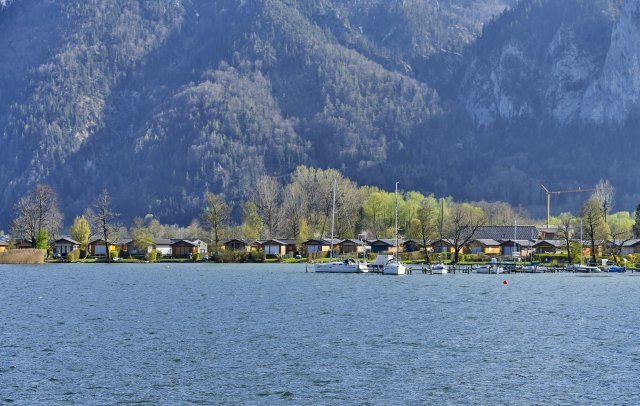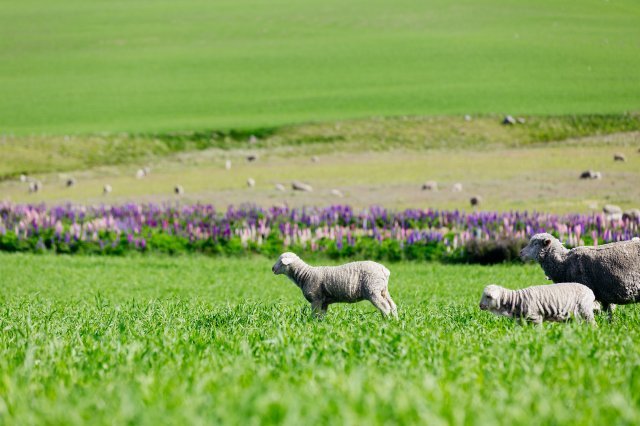Australia and New Zealand are considered countries with high potential for reconstruction…
The US, China, and Russia could reduce food production by up to 97% in a nuclear winter.
Australia and New Zealand were selected as the countries that can best withstand the ‘nuclear winter’ (a low temperature expected in the event of a nuclear war) and help rebuild human civilization in the event of a nuclear war.
According to the Guardian, a British daily newspaper, on the 9th (local time), a research team at the University of Otago in New Zealand compared and analyzed countries that are likely to survive a cataclysm in which sunlight suddenly decreases due to nuclear war, a giant volcanic eruption, or an asteroid impact, and published it in the journal ‘Risk Analysis’.
The research team evaluated 38 island countries based on 13 factors, including △food production △energy self-sufficiency △manufacturing industry △the impact of catastrophes on the climate.
As a result, Australia and New Zealand, as well as Iceland, the Solomon Islands, and Vanuatu, etc. have a high chance of survival.
“Even in the worst of circumstances, there will still be room for survivors somewhere on the planet,” the researchers said, and these are the places where countries can best adapt to the crisis and avoid a return to pre-industrial times.
Australia and New Zealand took first and second place, respectively. This is because these countries are far from the Northern Hemisphere, where agricultural production is active and the potential for radioactive fallout is high.
“Australia’s capacity to produce food is enormous,” the researchers explained, “and it could feed tens of millions more people in addition to its own population.” Relatively superior social infrastructure, enormous energy resources, sufficient medical guarantees and defense budget were also cited as Australia’s strengths.
 Getty Image Bank
Getty Image Bank However, it was pointed out as a weakness that Australia could be a target of the enemy in the event of a nuclear war because of its close military relationship with the United Kingdom and the United States.
In this respect, the researchers said, New Zealand, which has maintained denuclearization for a long time, is relatively advantageous. According to the researchers, all parts of New Zealand are relatively close to the ocean, so the ocean can act as a buffer in case of a sudden drop in temperature.
“New Zealand exports several times the food it eats,” explains Nick Wilson, a professor at the University of Otago in New Zealand, who was one of the study’s authors. It added that New Zealand could secure enough food even in the worst-case scenario of a 61% drop in global grain production during a nuclear winter.
 Getty Image Bank
Getty Image Bank However, New Zealand’s weak security was pointed out as a weakness. In addition, as there is no fuel refinery facility and reliance on imports for diesel, pesticides and machinery necessary to maintain agricultural production, it predicted that there is a possibility of social collapse if global trade is suddenly closed.
Dr. Matt Boyd, who conducted the research together, said, “Other island nations can produce enough food in times of crisis,” he added. I saw.
Meanwhile, in the event of a nuclear war or nuclear winter in the United States, China, and Russia, the research team predicted that food production would decrease by 97%.
Source: Donga
Mark Jones is a world traveler and journalist for News Rebeat. With a curious mind and a love of adventure, Mark brings a unique perspective to the latest global events and provides in-depth and thought-provoking coverage of the world at large.